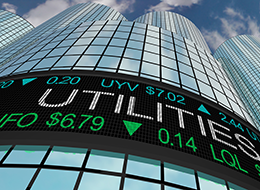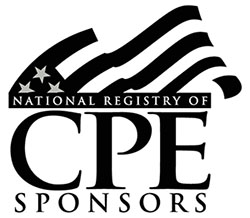
This proven program is for energy and electric power professionals who are looking for a comprehensive and clearly explained understanding of natural gas, oil and electricity financial instruments, the markets they trade in, and how these powerful tools can be used to manage risk and structure profitable transactions.
DAY ONE
DAY TWO
This two-day seminar will be held at the hotels listed below or can be conducted on-site at your facilities. The seminar will start promptly at 8:00 AM and will finish at 4:30 PM on the first day. On the second day, the seminar will resume at 8:00 AM and will finish at 2:00 PM . The program includes continental breakfast, lunch, and coffee breaks on the first day. On the second day a continental breakfast, snack or lunch and coffee breaks are included. Attendees also receive a professionally produced seminar manual that can serve as a valuable office reference. Dress is casual for all seminars.
This live group seminar is eligible for 13.5 CPE credits. Be aware that state boards of accountancy have final authority on the acceptance of individual courses for CPE credit. As of January 1, 2002, sponsored learning activities are measured by program length, with one 50-minute period equal to one CPE credit. One-half CPE credit increments (equal to 25 minutes) are permitted after the first credit has been earned in a given learning activity. You may want to verify that the state board from which your participants will be receiving credit accept one-half credits.


Among those who will benefit from this seminar include energy and electric power executives; attorneys; government regulators; traders & trading support staff; marketing, sales, purchasing & risk management personnel; accountants & auditors; plant operators; engineers; and corporate planners. Types of companies that typically attend this program include energy producers and marketers; utilities; banks & financial houses; industrial companies; accounting, consulting & law firms; municipal utilities; government regulators and electric generators.
This fundamental level group live seminar has no prerequisites. No advance preparation is required before the seminar.
PGS seminars are known for their clear explanations and in-depth content. Register for a PGS class today, and join the over 10,000 energy professionals who have already attended one of PGS's proven programs.